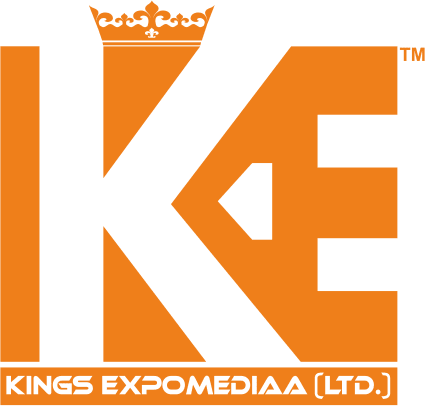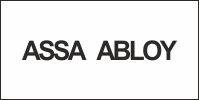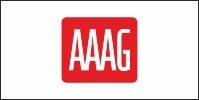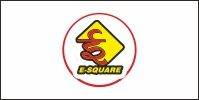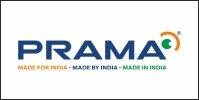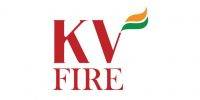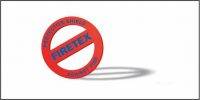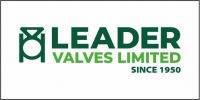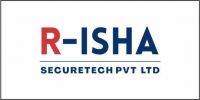 Surveillance camera watchdog says CCTV on private homes may need tighter regulation if voluntary guidance due out next year fails to quell public concerns
Surveillance camera watchdog says CCTV on private homes may need tighter regulation if voluntary guidance due out next year fails to quell public concerns
Restrictions may have to be imposed on household CCTV cameras after a surge of complaints about spying neighbours.
Tony Porter, the Government's surveillance camera commissioner, said he will issue new guidance about the use of the CCTV systems on private homes.
But if the guidance fails to have an impact on growing concern about use of the technology Mr Porter said he may recommend further regulation.
Many complaints centre on CCTV cameras which invade neighbours' privacy by focusing on their property – such as their garden – or by pointing into their windows.
He added there were also “growing public concerns” about drones – or unmanned aerial vehicles, some of which are equipped with cameras – and the use of body-worn video by police and other agencies.
Mr Porter said in his annual report: “The use of surveillance camera systems within domestic environments continues to grow.
“The cost of domestic CCTV systems is minimal as electrical retailers now sell HD domestic CCTV systems for a little over £100.
“This upsurge in domestic use is directly responsible for an increase in complaints around their use.
“It is within my remit to refer to Government any emerging issue that may require further regulation.
“I intend to engage and issue guidance to manufacturers, retailers, installers and users to address core concerns.”
He added: “I cannot rule out making recommendations to Government if the growing uneasiness continues and guidance is seen as ineffective.
"The most common concerns coming in to my inbox – around 80 per cent – are over the use of CCTV at someone's home, in a domestic setting.
"The concerns are primarily about the intrusion into a neighbour's privacy."
He said the new guidance would be published by March next year.
Commercial CCTV systems have to comply with a code of practice which sets out transparency requirements and a number of measures about how recordings can be stored and used.
However, the code does not apply to householders who have installed CCTV to deter burglars and other crime.
Mr Porter said drones and body-worn video “present challenges” for the commissioner's office but did not highlight any of the complaints received about the technology.
Emma Carr, director of privacy group Big Brother Watch, said: "Domestic users of CCTV need concrete rules to show when it is or isn't acceptable for their CCTV cameras to be used.
"Tinkering around at the edges of guidance simply won't help individuals and families who feel that they are being snooped on by their neighbours."
She added: "Worryingly nobody seems to have any idea whose responsibility it is to ease complaints regarding the use of domestic CCTV.
"The police have not seen it as an harassment issue and the Information Commissioner has failed to see it as a direct data protection issue.
"As domestic CCTV cameras used by private individuals continues to increase across Britain a clear complaints process is necessary to protect all citizens from intrusive surveillance.”


